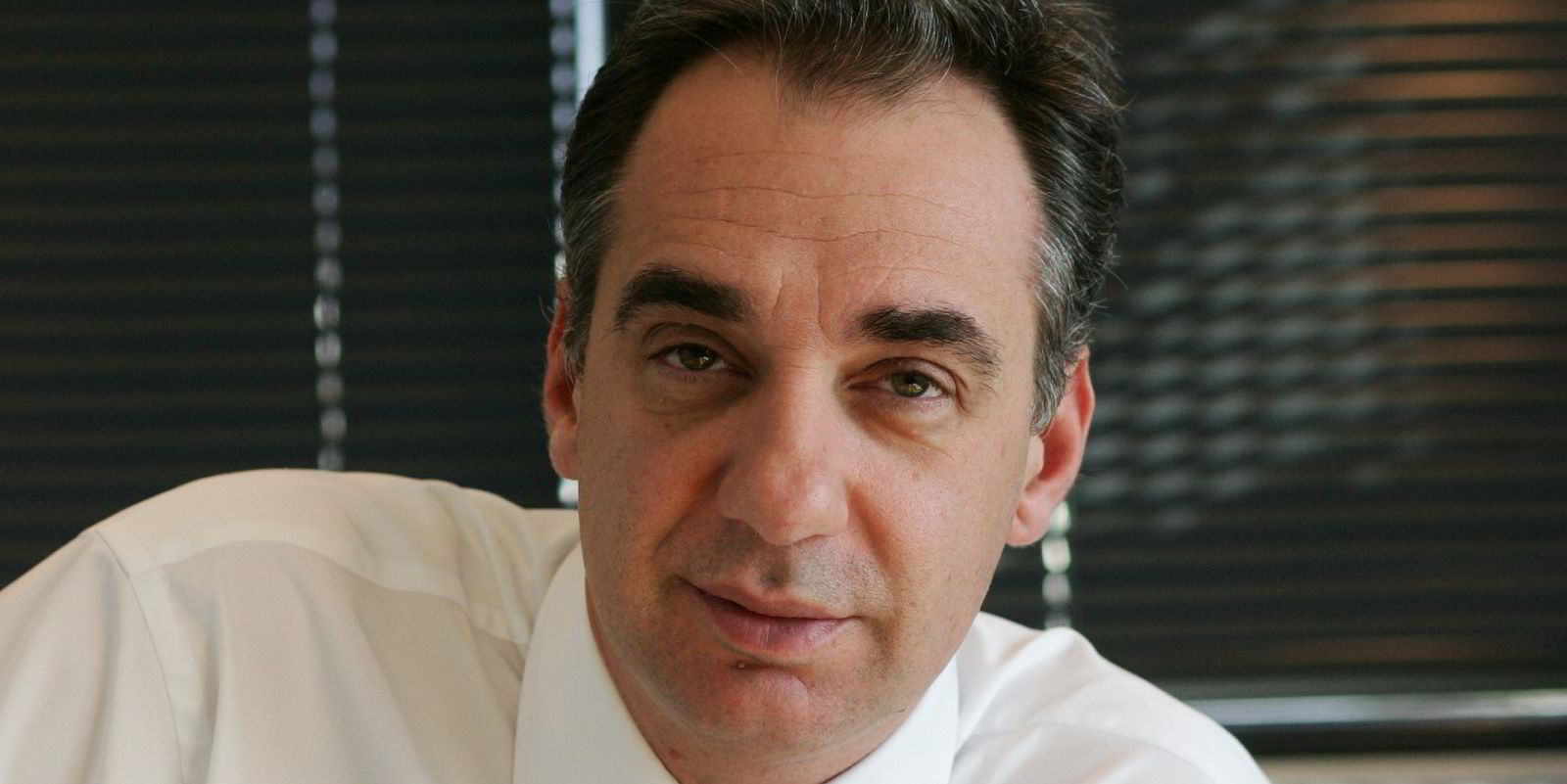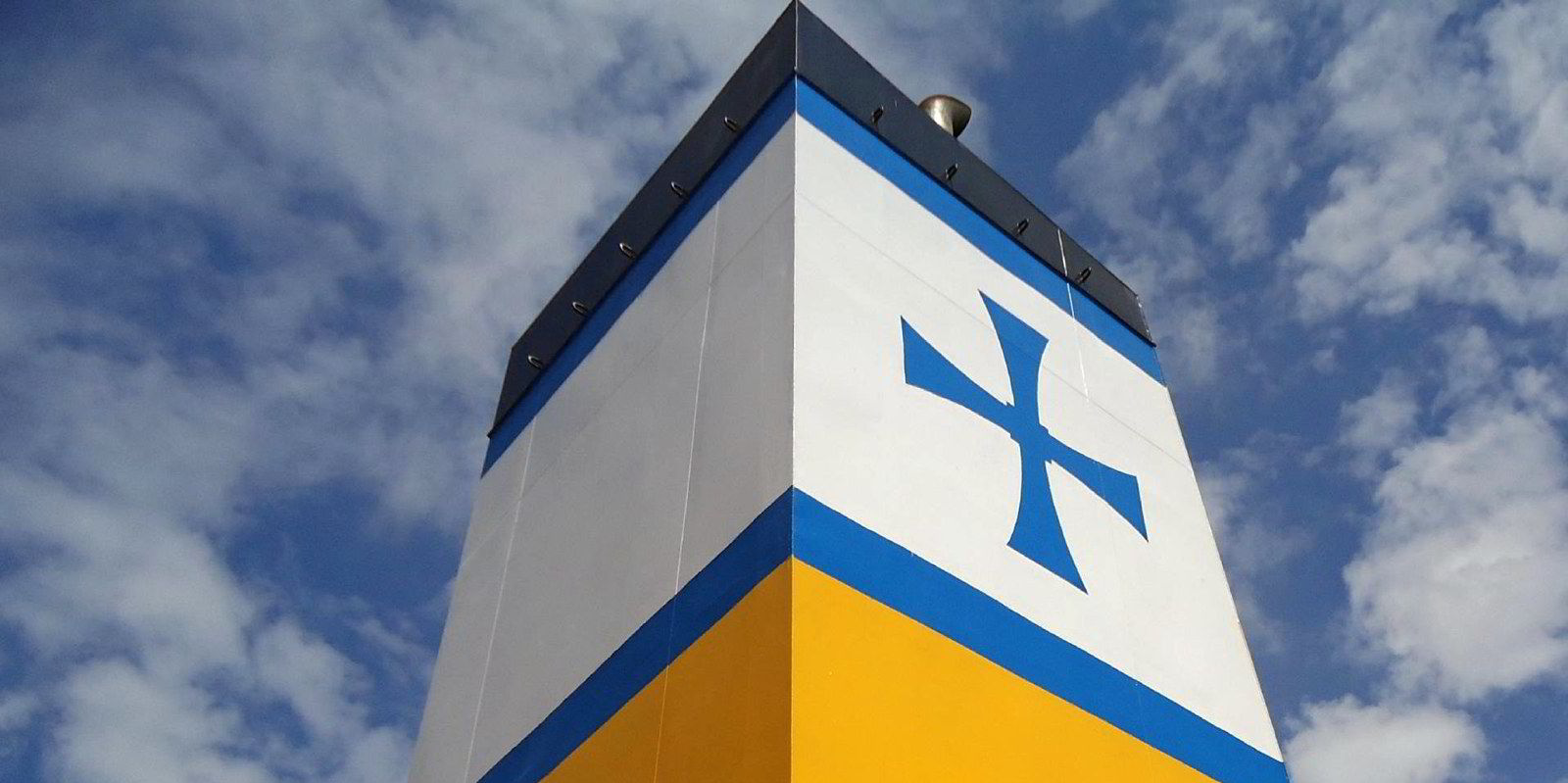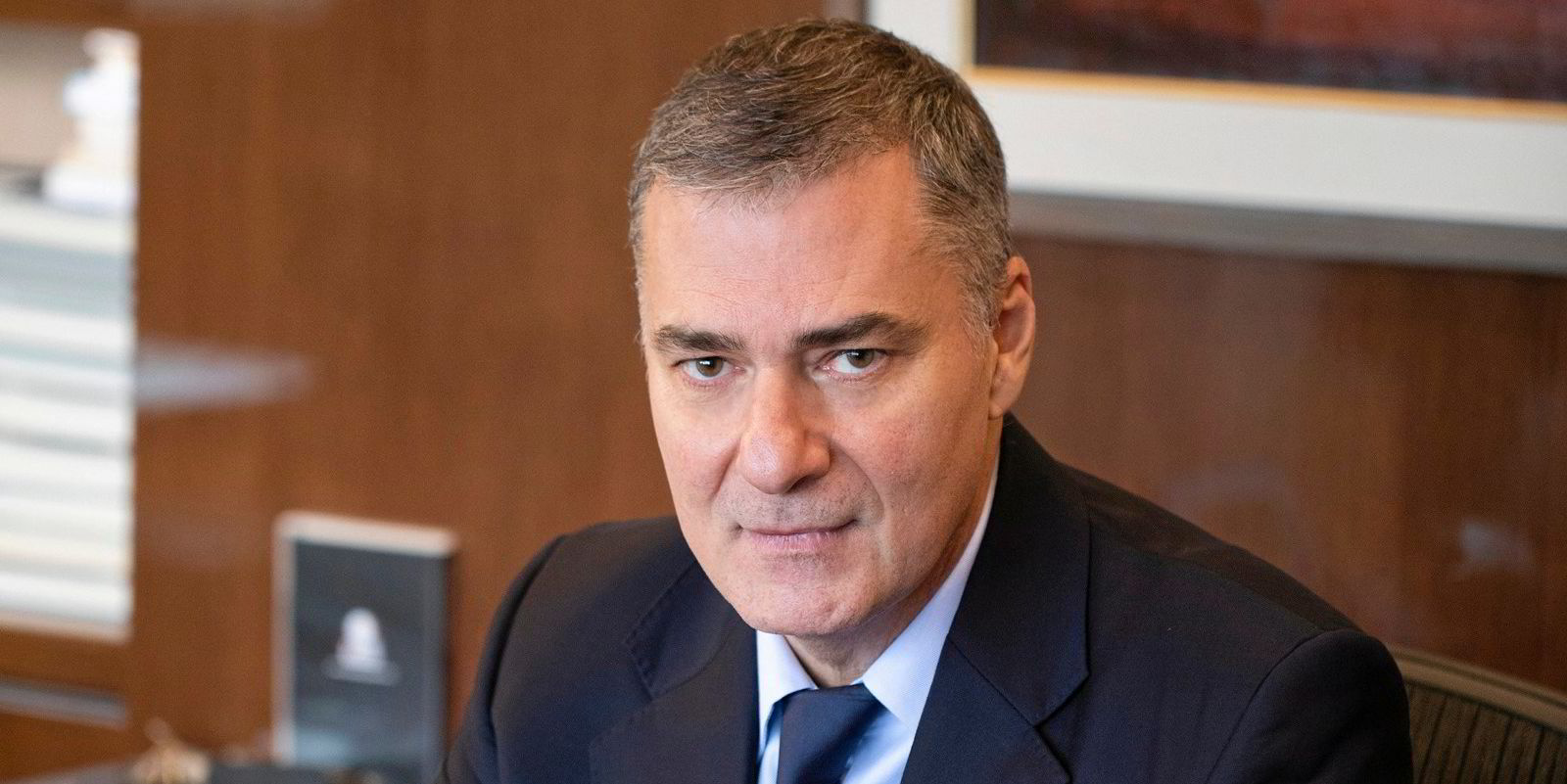Costamare, an owner of 114 ships, managed to increase its profit in the first quarter — despite a market slowdown in its constantly expanding bulker operations.
The New York-listed company posted net income of $148.9m for the period between January and March, up 21% year on year.
The profit increase was primarily due to capital gains of $89.1m, much of which resulted from the sale of two boxships and one bulker in the quarter.
These sales had already been known in the market and announced in previous quarters — with the exception of the 37,300-dwt handysize bulker Comity (built 2010), which Costamare disclosed on Monday.
Stripping out one-off items, such as gains from vessel sales and derivatives, Costamare’s adjusted net income dropped in the first quarter at an annual pace of 56% to $46.5m.
Revenue from the 43 bulkers Costamare owned and employed in the spot market slowed sharply to $34.1m in the first quarter from $78.5m in the same period of 2022.
The Konstantinos Konstantakopoulos-led company said it entered into more than 60 chartering agreements for its owned dry bulk fleet over the past three months.
Apart from its owned bulkers, which Costamare built from scratch in 2021, the company continued expanding Costamare Bulkers Inc — the dry bulk operating platform it launched at the end of November.
The company revealed on Monday that its chartered-in Costamare Bulkers fleet has already reached 51 vessels: 31 newcastlemaxes and capesizes, 19 kamsarmaxes and panamaxes and one ultramax.
Costamare Bulkers, which employs its ships on index-linked period charters, contributed $19m to Costamare revenue between January and March, which was its first full quarter of operations.
Costamare reiterated on Monday that it plans to grow its dry bulk operating platform, into which it has pledged to invest about $200m, even further.
“Our goal is to grow the business on a prudent basis and realise healthy returns for our shareholders,” chief financial officer Gregory Zikos said.
Contrary to bulkers, Costamare’s traditional container ship business remained profitable in the first quarter, with revenue from the firm’s 71 boxships rising by 3.3% year on year to $195.7m.
“In the container ship market, charter rates are on a rising trend with high demand across the board, while fixture periods are increasing in duration,” Zikos said.
As the company remains concerned over the threat that the rising orderbook represents for this market, it said on Monday that it has “proactively arranged long-term employment on a forward basis” for a number of container ships coming off charter between 2023 and 2025.
As a result, contracted revenue for the Costamare boxship fleet currently stands at about $3.1bn, with a teu-weighted duration of 4.1 years.
As part of its ongoing boxship venture with York Capital, Costamare announced on Monday that it agreed to sell its 49% share in the 3,800-teu Polar Argentina (built 2018) to the US fund, which holds the remaining 51%.
On the other hand, Costamare bought from York Capital the 51% it does not already own in the 3,800-teu Polar Brasil (built 2018).
Both transfers are expected to be concluded in the ongoing quarter.
Costamare has already said it is keeping its dividend steady at $0.115 per share.





